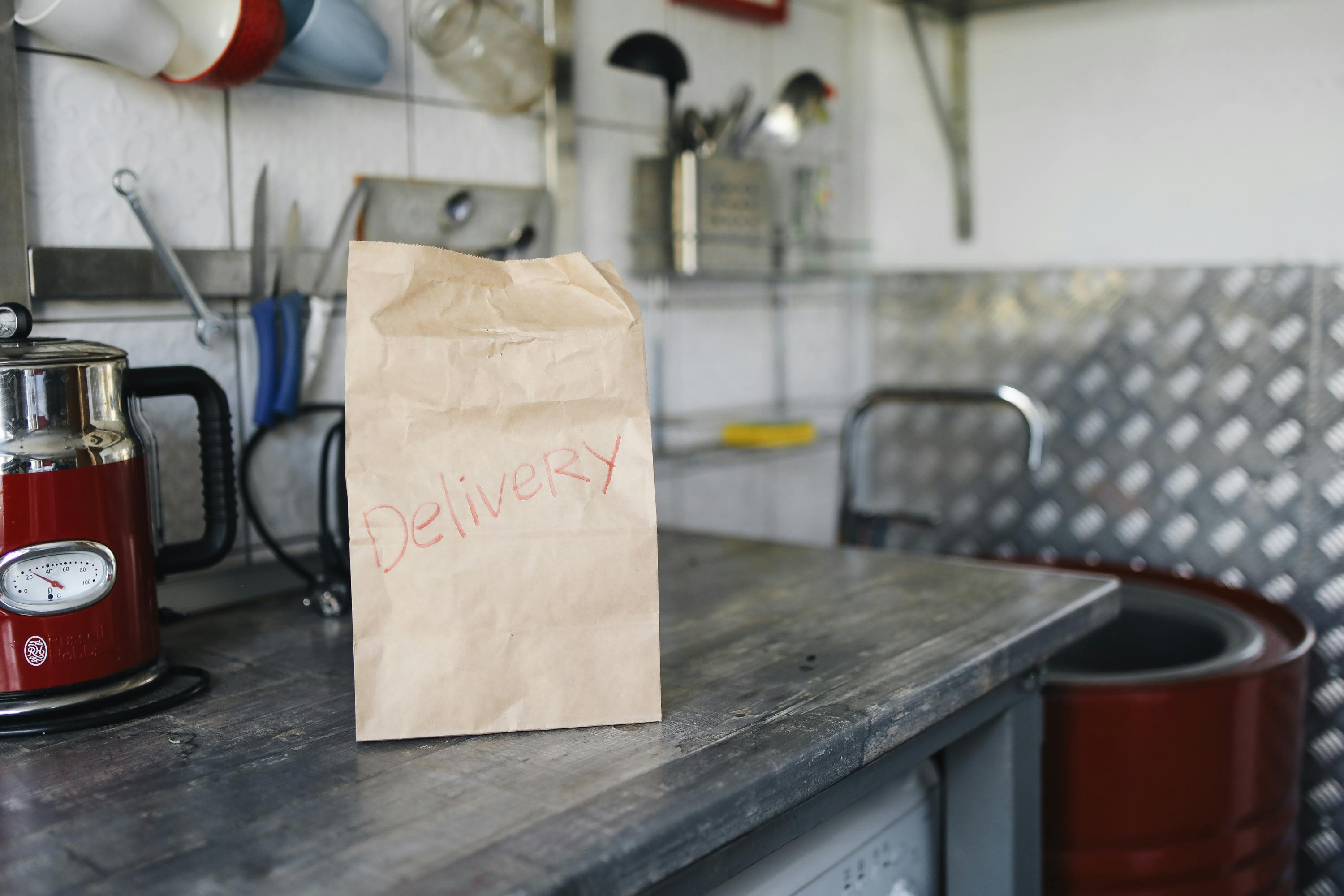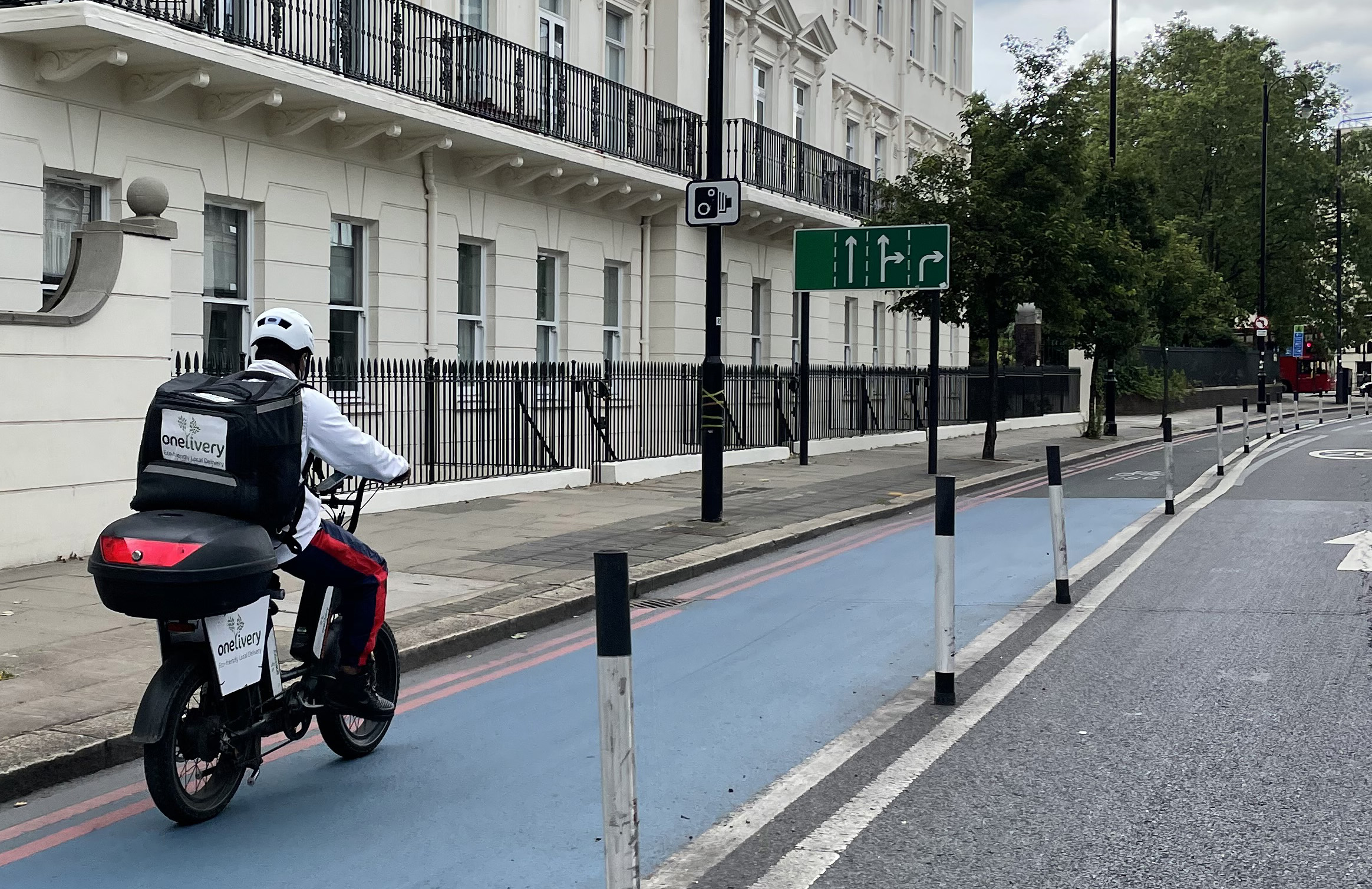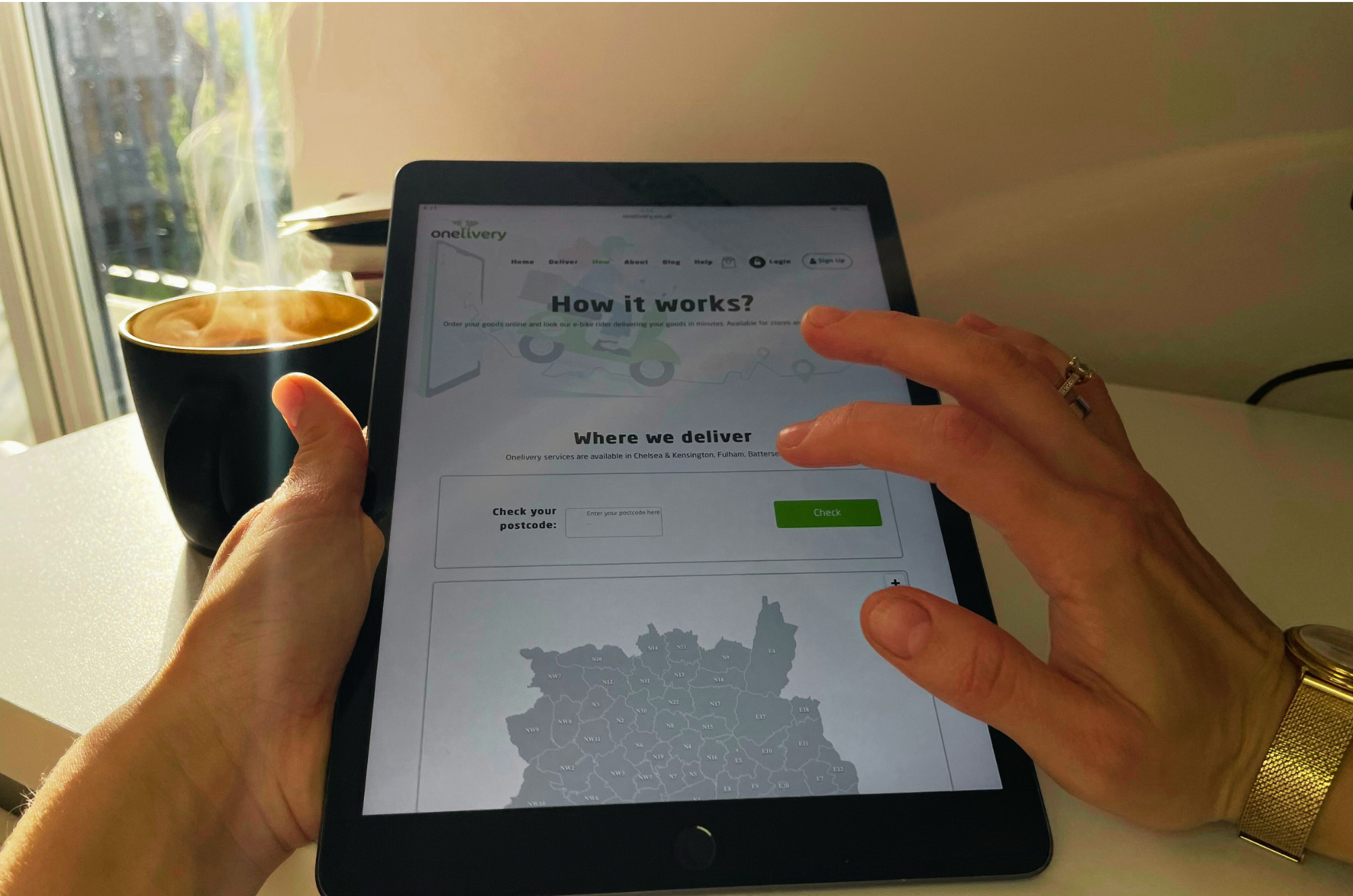Storey: A Day in the Life of Jane
Jane, a busy mother of two living in South London, knew all too well the sinking feeling of realising she’d run out of her son’s asthma medication on a chaotic weekday morning. Between juggling school drop-offs, her job, and the relentless pace of city life, a trip to the pharmacy was the last thing she needed. Thankfully, same-day delivery for prescription medicines promised to be her saving grace. She ordered online with the tap of a button, expecting her son’s medication to arrive before his after-school football practise. But as the day unfolded, Jane’s experience highlighted the real challenges and mixed emotions tied to this seemingly convenient service.
The Reality Cheque: Delays, Mishaps, and Miscommunication
However, the consumer experience can be a mixed bag, often veering from the idyllic promise of efficiency. Jane’s day took an unexpected turn when the estimated delivery window came and went without any sign of the courier. She received a notification about a delay, but no specifics. As she anxiously refreshed her tracking updates, her son’s football practise loomed closer, and with it, the realisation that he might have to miss out because his inhaler was still en route.
She wasn’t alone in her frustration. Across town in Ealing, Michael, an elderly pensioner who relies on his heart medication, received his delivery late three days in a row due to roadworks. Meanwhile, Sarah, a young professional in Camden, had her anxiety medication delivered to the wrong address twice in the same week. For many consumers, the gap between expectation and reality is widening, and when it comes to critical medications, every hour feels like a day.
These delays can have an emotional toll. The feeling of being let down by a system that’s supposed to simplify things is all too familiar to Londoners.
The Human Touch: More Than Just a Service
The experience of same-day delivery isn’t just about logistics; it’s about people. It’s about the elderly gentleman who relies on his heart medication, the new mum in Walthamstow managing postnatal depression, or the student in Brixton with chronic migraines trying to keep up with coursework. Every delivery matters because every person matters.
Yet, the very nature of this service can feel impersonal. Consumers miss the familiar face of their local pharmacist, the one who knows their history and can offer reassurance or advice. The human touch is often lost in the digital shuffle, leaving consumers feeling like just another number in the system. It's not just a parcel—it’s someone’s health, someone’s peace of mind, and often, their ability to carry on with their day.
The Human Touch: More Than Just a Service
The experience of same-day delivery isn’t just about logistics; it’s about people. It’s about the elderly gentleman who relies on his heart medication, the new mum in Walthamstow managing postnatal depression, or the student in Brixton with chronic migraines trying to keep up with coursework. Every delivery matters because every person matters.
Yet, the very nature of this service can feel impersonal. Consumers miss the familiar face of their local pharmacist, the one who knows their history and can offer reassurance or advice. The human touch is often lost in the digital shuffle, leaving consumers feeling like just another number in the system. It's not just a parcel—it’s someone’s health, someone’s peace of mind, and often, their ability to carry on with their day.
Looking Ahead: Balancing Efficiency with Empathy
For same-day prescription delivery to truly fulfil its potential, it must find a balance between speed and sensitivity. Companies need to invest in reliable logistics, transparent communication, and empathetic customer service that recognises the unique challenges of healthcare delivery. Imagine if drivers were trained to understand the importance of what they’re delivering or if the system was built to prioritise vulnerable customers first. It’s not impossible, but it requires a shift in how we view healthcare logistics.
Jane’s day ended with her son’s inhaler finally arriving, albeit hours later than expected. It was a stressful experience, but one she’s willing to repeat because, despite the flaws, the convenience still outweighs the hassle of a last-minute pharmacy run. However, like many, she hopes the service will evolve to better meet the needs of the people it serves, turning a transactional process into a genuinely supportive lifeline.
A Call for Better Standards
Same-day delivery for prescription medicines is a service full of promise, but it’s also one that’s still finding its feet. For now, it’s a double-edged sword—offering unparallelled convenience on one hand, while exposing consumers to the frustrations of an imperfect system on the other. As London hurtles towards a more digital future, it’s time to demand that our health services keep pace—not just in speed, but in care and connection. Because when it comes to our health, we deserve better than “just good enough.” The question isn’t whether same-day delivery can work; it’s whether it can work for us, the people who rely on it most.









